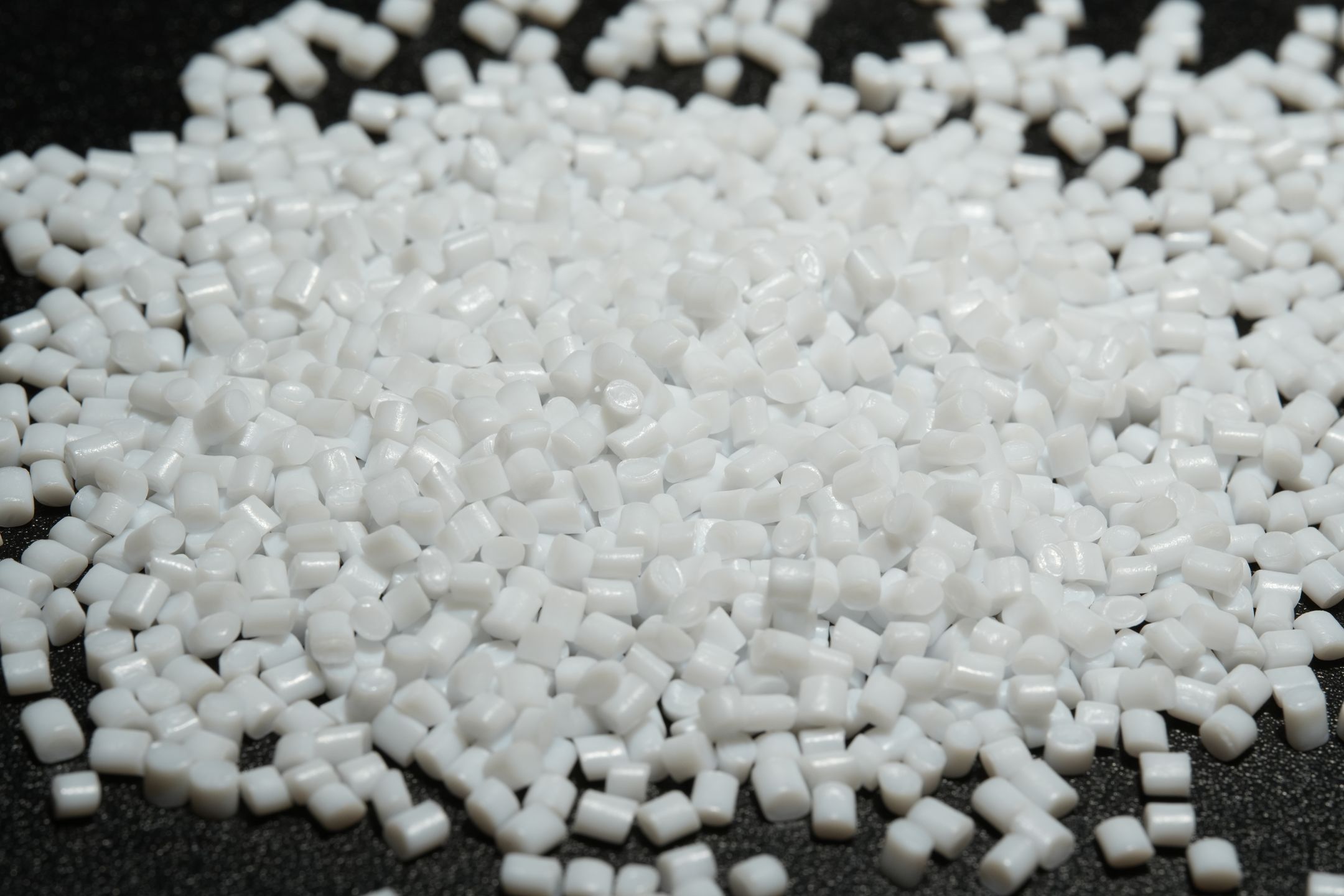
Advancing Bio-based PET: A Promising Route to Sustainable Development
Bio-based materials are a novel class of environmentally friendly materials that are produced using biomass that is renewable or raw materials that are obtained through biological manufacturing. Examples of these materials include bio-plastics and bio-functionalized polymer materials. Bio-based materials produce lower carbon emissions, consume less energy, and are renewable compared to conventional petroleum-based materials.
Bio-based polyethylene terephthalate (PET) is an eco-friendly plastic made from renewable resources. It offers sustainability and biodegradability, reducing environmental impact, white pollution, and reliance on non-renewable resources. Bio-based PET has numerous uses and performs similarly to conventional petroleum-based PET in various situations, making it a significant biomaterial for sustainable development.
Bio-based PET offers numerous advantages over conventional petroleum-based PET and is expected to surpass other bio-based polymers in terms of capacity in the future. 30% bio-based PET made from fossil-based terephthalic acid (TPA) and bio-based ethylene glycol (MEG) monomer is currently used in packaging and other industries. Substitute bio-based PX-TPA monomer technology research and development have advanced significantly, and the global market for bio-based polymers has been steadily growing. Bio-based PET and substitute bio-based PX-TPA monomer have both become more and more valued and are constantly advancing.
Certain bio-based bottle PET resin chips have steadily grown in popularity among consumers as bio-based MEG production technology has advanced. Some currently on the market have a bio-carbon content of about 20%. Currently, some bio-based PET bottles are made from fossil-based TPA and bio-based MEG. If China allies its polyester production with bio-based MEG, it could reduce greenhouse gas emissions by more than 4 million passenger cars annually, significantly benefiting the environment.
From a commercial standpoint, there are plenty of opportunities for the advancement of bio-based PET and its byproducts. Statistics show that the world's capacity to produce PET, which is widely used in the textile and beverage packaging industries, has surpassed 100 million tonnes. Thanks to significant application development and technological advancements, bio-based PET is expected to dominate the textile fiber industry. Many polyester manufacturers subscribe to the idea of sustainable development, actively pursuing the development of bio-based PET materials. Gevo's bio-based PX technology was used by Toray Industries of Japan to produce 100% bio-based PET fiber. Coca-Cola and Virent collaborated to develop PET bottle chips for "Plantbottle," a beverage packaging material. ZheJiang KaiPuQi New Materials Technology, a subsidiary of Wankai New Materials Co., Ltd. has also developed bio-based, high-temperature resistant PET resin chips CPT-3090, designed for high-end injection molding processing. It performs exceptionally well and can withstand high temperatures for extended periods.
Bio-based TPA and PET technology development must also be a priority for the bio-based PET industry's growth. The polyester industry's sustainable development objectives include the development of bio-based PET production technology and the recycling of polyester materials. Despite the promising future of bio-based PET, certain issues remain, including an unreliable supply chain and expensive production. Cross-industry and interdisciplinary technical cooperation is necessary to address issues. In addition, bio-based MEG and TPA monomers also need to be integrated into the technologically advanced conventional PET production process to reduce costs.
In conclusion, bio-based PET materials are expected to replace petroleum-derived PET in the future, driving economic growth and technological advancement. These materials offer sustainability and environmental protection benefits, making them a promising avenue for green and low-carbon development. Therefore, increased research and industrialization in bio-based PET technology is crucial.

